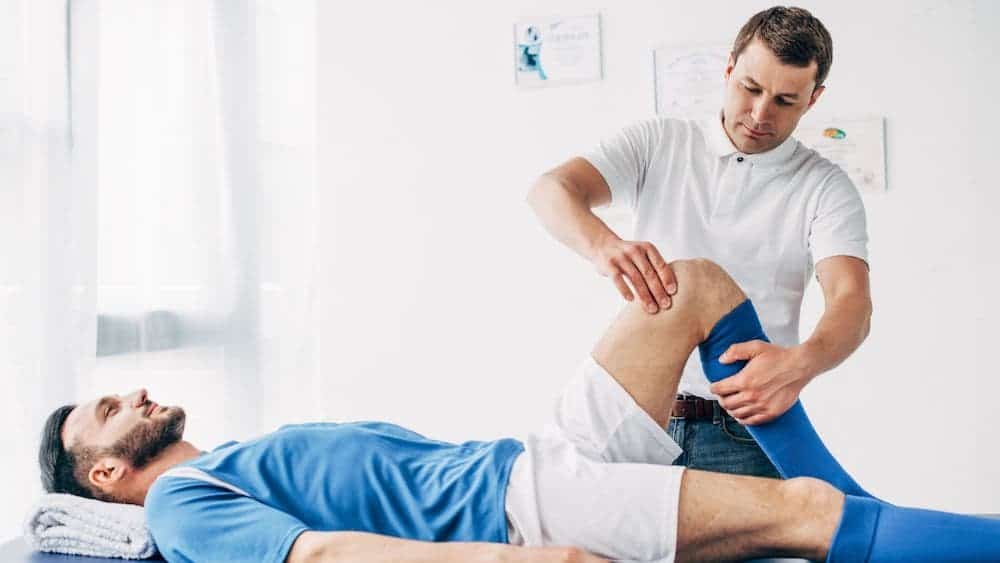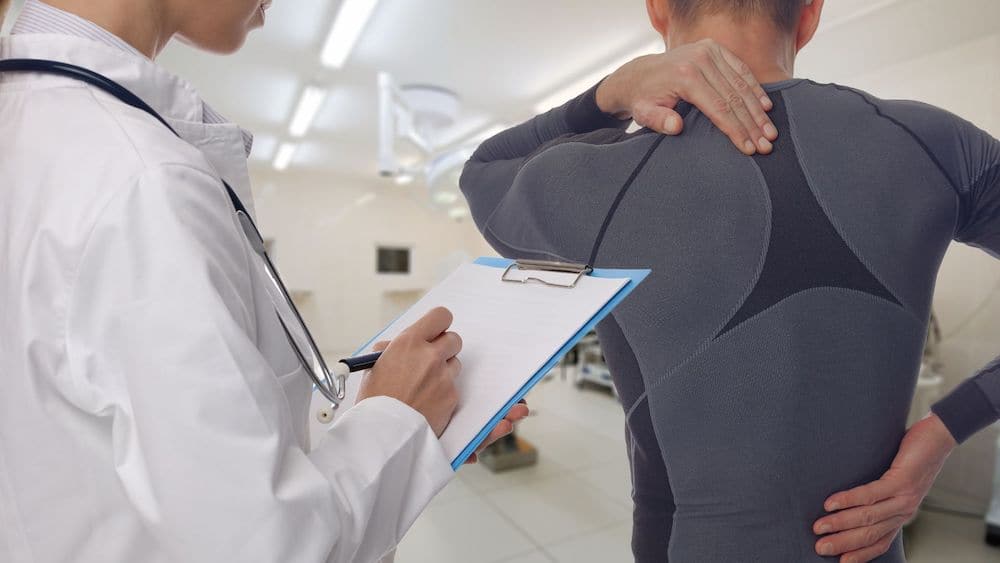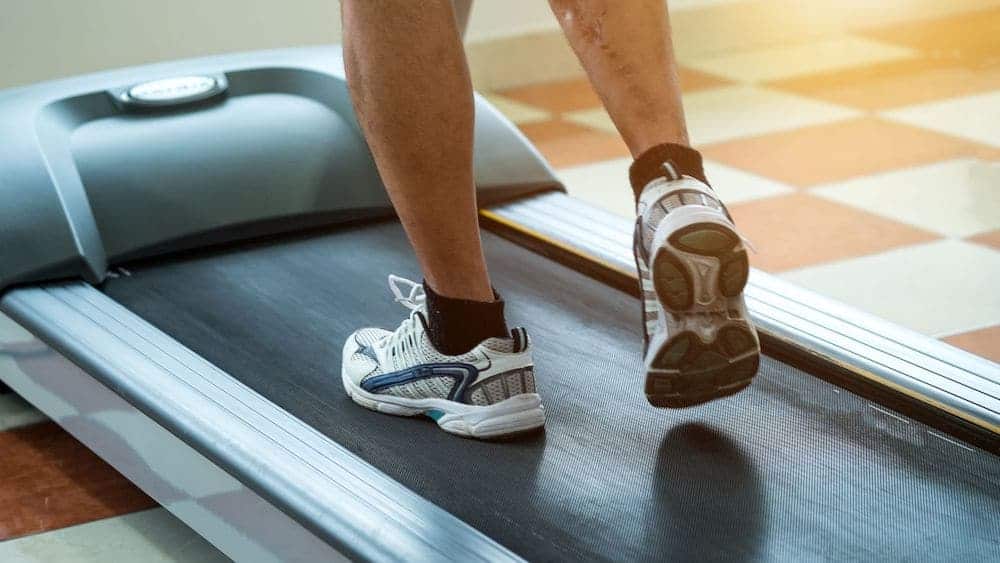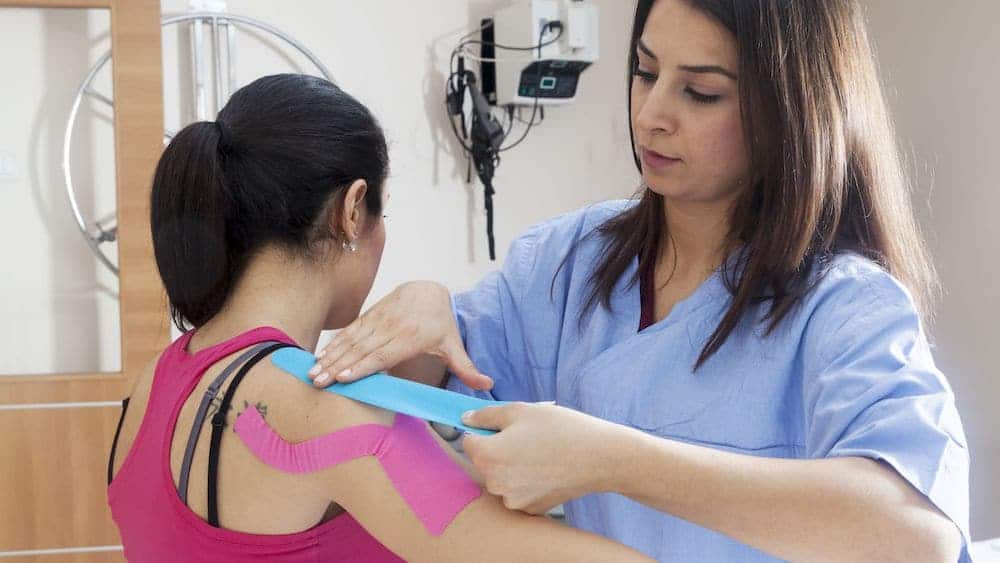
The most successful athletes keep their bodies in peak physical condition, improving their performance and making it easier to prevent sports injuries. If you haven't quite reached your peak, a sports medicine physician can help. Keep reading to learn more about what sports medicine is and why it's so important for athletes at all levels.
What Is Sports Medicine?

Sports medicine is an area of medicine that focuses on preventing and treating sports-related injuries. Although professional athletes rely on sports medicine doctors to keep them in excellent physical condition, this type of medicine isn't just for pros. Anyone who plays a sport can benefit from seeing doctors, chiropractors, physical therapists and other medical professionals with extensive experience helping athletes get fit and avoid injuries.
Is Sports Medicine the Same as Physical Therapy?
Sports medicine and physical therapy aren't quite the same, but physical therapy is an important component of recovering from athletic injuries and improving your physical performance. While physical therapy uses stretches and strengthening exercises to prevent and treat injuries, sports medicine relies on a wide variety of treatments. For example, a sports medicine physician may recommend surgery for a severe sports injury.
What Is the Role of Sports Medicine in Athletics?
Sports medicine has two main roles in athletics. One is to make recommendations to help athletes improve their performance. Sports medicine professionals may recommend exercises to increase endurance, provide nutritional counseling or help athletes increase their flexibility, for example. The other is to prevent, diagnose and treat sports-related injuries.
Receive Specialized and Innovative Care

When you visit a sports medicine practice, you receive highly specialized care. Sports medicine doctors usually specialize in emergency medicine, internal medicine or another medical specialty first. Then they undergo additional training specific to diagnosing, preventing and treating sports injuries.
Some sports medicine professionals decide to work exclusively with child athletes and teens. They may be board-certified in family medicine and pediatrics before training to focus on sports medicine. Therefore, sports medicine practices provide innovative care to athletes of all ages. A sports medicine physician may even specialize in performing minimally invasive surgeries or using other innovative sports injury treatment methods.
Prevent Sports Injuries

Working with a sports medicine professional can help you prevent a variety of sports-related injuries. During each session, you'll learn techniques to help you improve your athletic performance without increasing your risk of injury. For example, a sports medicine professional can help you improve your balance or learn how to play your preferred sport without overextending your limbs.
Sports medicine professionals also have in-depth knowledge of body mechanics and fitness. Whether you're working with a sports medicine doctor or a physical therapist, you'll have opportunities to increase your flexibility, strengthen your abdominal core and condition your cardiovascular system, all of which are essential for sports injury prevention and athletic performance.
Treat Sports Injuries and Manage Pain

If you already have a sports-related injury, a group of sports medicine professionals can identify appropriate treatments and help you keep pain to a minimum. Depending on the severity of your injury, you may need to wear a cast, brace, splint, walking boot or other device.
In some cases, steroid injections are helpful for reducing swelling and keeping pain under control. A sports medicine professional may also recommend oral pain relievers or physical therapy to help you heal. If your injury is severe, you may even need surgery to repair damaged bones, muscles, tendons or ligaments.
Sports medicine teams have experienced professionals available to diagnose and treat the following types of injuries:
- Torn rotator cuff
- ACL injuries
- Frozen shoulder
- Labral tears
- Joint dislocations
- Stress fractures
- Broken bones
- Damaged cartilage
- Sprained ligaments
- Strained muscles
- Carpal tunnel syndrome
- Tendinitis
- Meniscus tears
- Golfer's elbow
- Bursitis
The Importance of Injury Rehabilitation

Rehabilitation is essential for controlling pain and restoring function after an athletic injury. Going through the rehab process can help you in several ways:
- Stretching helps you slowly restore your range of motion.
- Rehabilitation reduces the swelling, pain and inflammation caused by sports injuries.
- You'll have a chance to build endurance and strengthen your muscles.
- Rehab helps athletes recover from muscle atrophy and reduced activity after surgery.
- Going through rehabilitation improves your coordination and balance.
- Rehabilitation can help you maintain your aerobic capacity while you recover, preventing deconditioning.
Improve Athletic Performance

Sports medicine professionals develop highly customized treatment plans for every patient. Whether you're looking to build muscle for football season or improve your speed on the tennis court, you can rely on your sports medicine team to take the following into account:
- Your current level of fitness
- Your athletic goals
- Your medical history
Fitness is highly personal, so there's no one-size-fits-all training plan that works for every person. If you're recovering from an injury, your trainer or physical therapist may focus on helping you gain flexibility, improve your range of motion and minimize pain as you work to get back to your original fitness level.
If you're interested in improving your overall fitness level, you may benefit from nutritional counseling, weightlifting and stretches. As you work out, a trainer can let you know if you need to adjust your posture or switch to a different technique for optimal results.
When Should You See a Sports Medicine Doctor?

You should see a sports medicine doctor if you have a sports-related injury and want specialized care to help you avoid complications. A sports medicine doctor can help you by examining the injury, ordering imaging studies and making recommendations regarding physical therapy, surgery and other treatment methods.
Even if you don't have a sports injury, you should see a sports medicine doctor if you want to improve your overall fitness level or improve your performance in a specific sport. Sports medicine isn't just about building muscle; the right training plan can help you run faster, correct your posture and make other improvements that lead to better performance in tennis, basketball, wrestling, swimming and many other sports.
Frequently Asked Questions

What Do Sports Medicine Doctors Study?
Sports medicine doctors have specialized knowledge and extensive training. To become a physician in the United States, a doctor must complete four years of undergraduate education and four years of medical school. The first two years of medical school focus on biology, chemistry, anatomy and other academic subjects. During the final two years, medical students start to develop clinical skills by rotating through different departments of a hospital. This is when they learn how to do comprehensive patient exams, take health histories and perform a variety of medical procedures.
A sports medicine doctor's training doesn't end there. After medical school comes residency, which lasts anywhere from three to seven years, depending on the resident's chosen specialty. Sports medicine doctors often do residencies in emergency medicine, family medicine or some other adult specialty. Finally, many sports medicine physicians work fellowships to help them gain additional experience diagnosing and treating sports-related injuries.
What Is the Difference Between Sports Medicine and Orthopedics?
Sports medicine doctors use a holistic approach to prevent and treat athletic injuries. They frequently work with athletic trainers, physical therapists and other members of the care team to help athletes recover from injuries or improve their athletic performance. Orthopedics is laser-focused on the musculoskeletal system.
Contact Northeast Spine and Sports Medicine

Whether you're recovering from a sports injury or want to improve your overall athletic performance, the specialists at NorthEast Spine and Sports can help. Get a head start on the next season by calling (732) 653-1000 to schedule an appointment or learn more about the conditions we treat.

